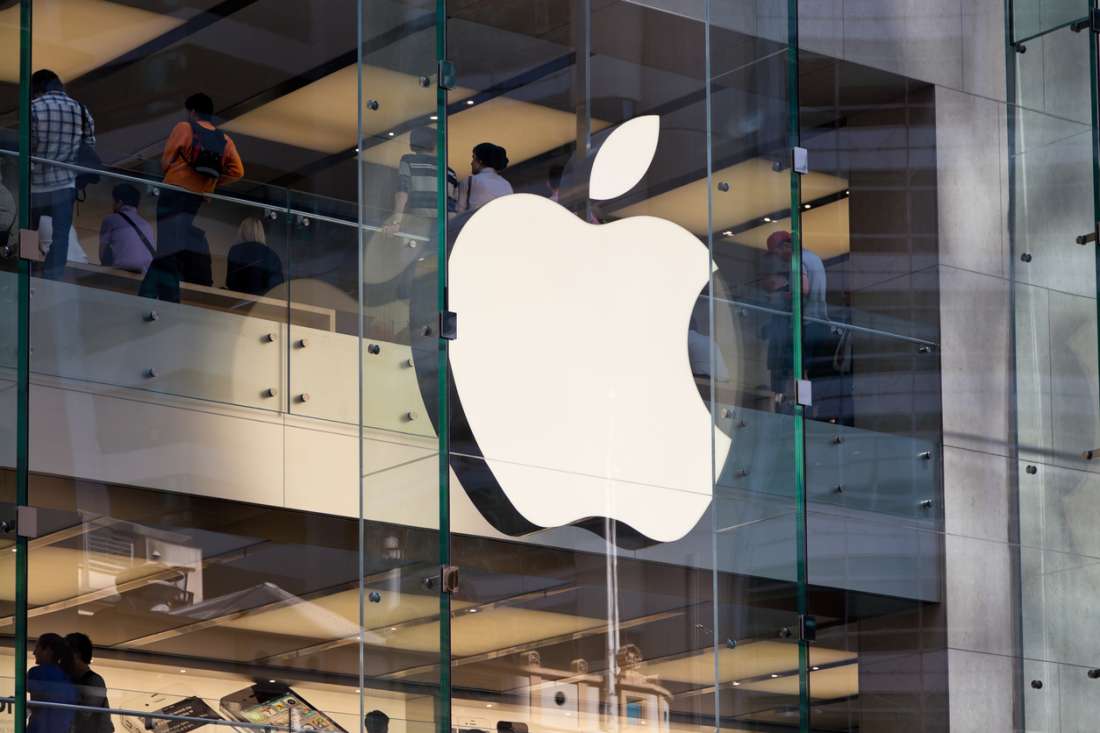Back in 2017, Apple admitted that it purposely slowed down some iPhones as their batteries were aging. Dozens of class-action-lawsuits were immediately filed against one of the most profitable publicly-traded companies in the world. Now, more than two years later, Apple has tentatively agreed to a $500 million settlement that would resolve those pending lawsuits and provide a small compensation to the affected parties. If you purchased an iPhone in 2015 through 2017, you might be getting a check soon.
Named class-action lawsuit iPhone users are likely to get compensation of up to $3,500 each, and the rest of iPhone users who wish to submit a claim might be eligible to get a settlement estimated at around $25. ARS Technica reported that that amount could “increase or decrease depending on the amount of any Attorneys’ Fees and Expenses, Named Plaintiff Service Awards, notice expenses, and the aggregate value of Approved Claims.” Only US residents are allowed to participate in the class-action lawsuit.
To be eligible, the US-based iPhone users must have used the affected versions of iOS before December 21, 2017, on the iPhone 6, 6 Plus, 6S, 6S Plus, 7, 7 Plus, or SE. At this point, iPhone users who have been affected by the intentional iPhone throttling do not have to do anything as the settlement is still waiting on final court approval. Once the final court approval is granted, the settlement administrator will use the information provided by the Cupertino-based tech giant and will be emailing you instructions on how to claim your share of the settlement money.
Even though Apple agreed to the settlement, they never really admitted any wrongdoing. According to the tech giant, the updates that slowed down iPhone’s performance were rolled out so the company can prevent iPhones from unexpected shutdowns caused by the old battery’s inability to perform on peak levels. In essence, Apple claimed their goal was not to encourage iPhone users to buy the latest device by slowing down their old ones, but to protect the electronic components of the iPhones.
Apple is getting slaps on the wrist in other countries too – the Northern California-based company just agreed to pay a $27 million fine in France. The penalties in Europe and the settlement here in the USA total roughly 1 percent of the company’s last year’s net income of $55.3 billion.
